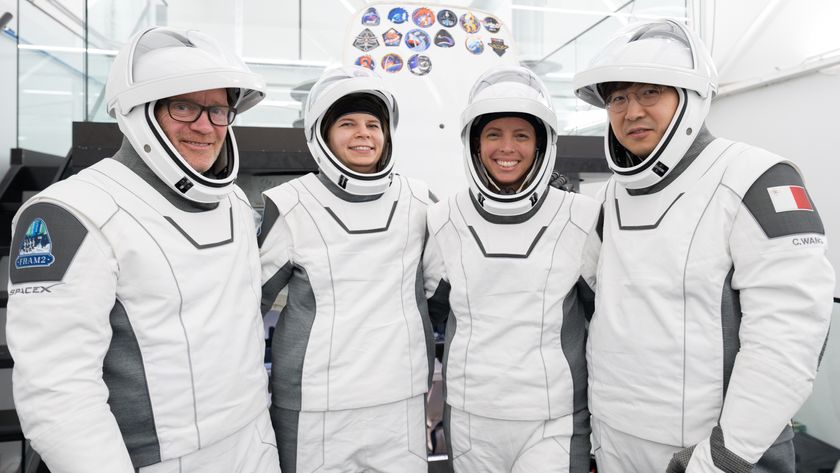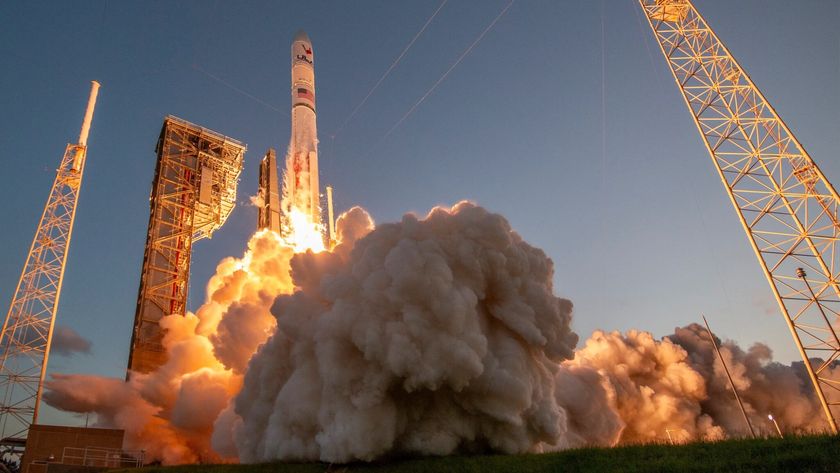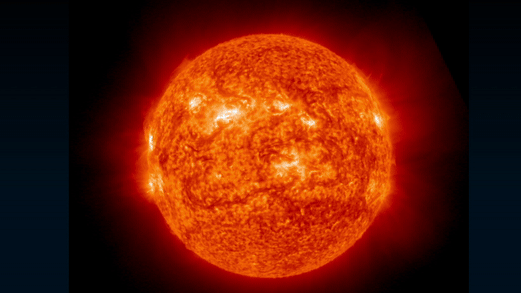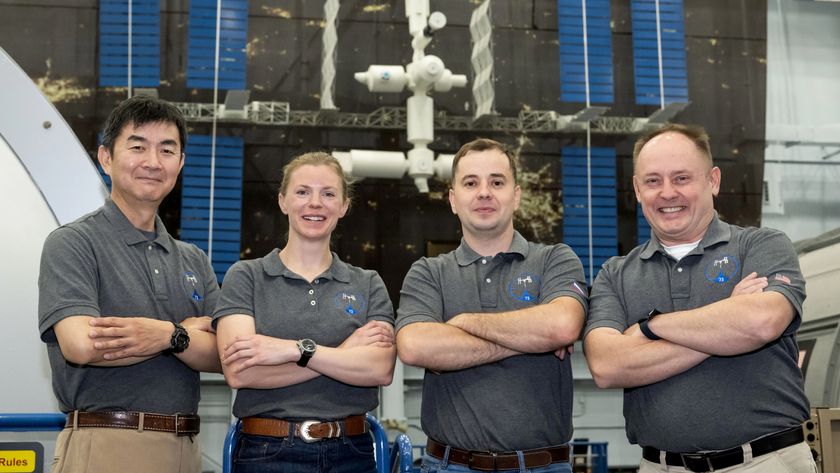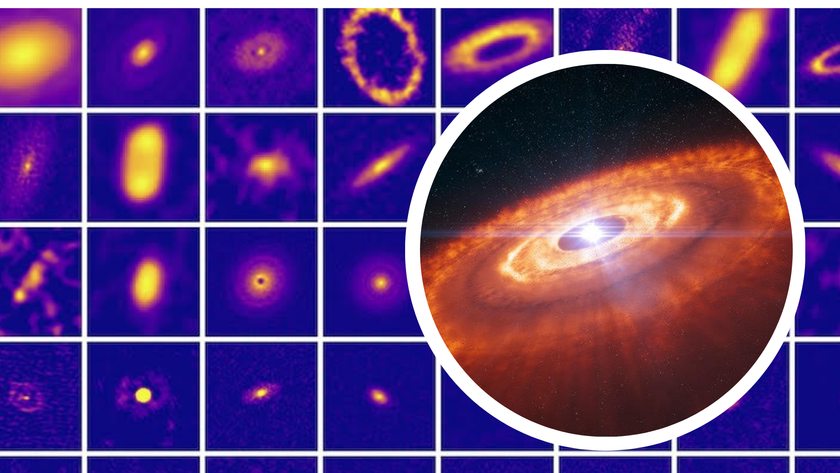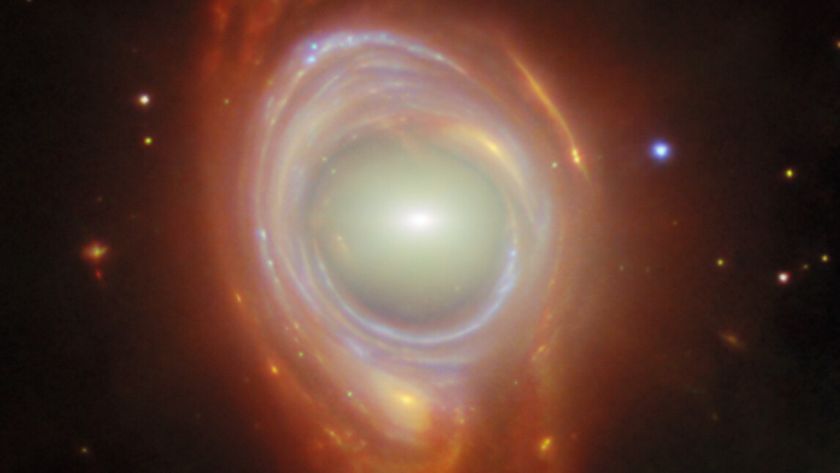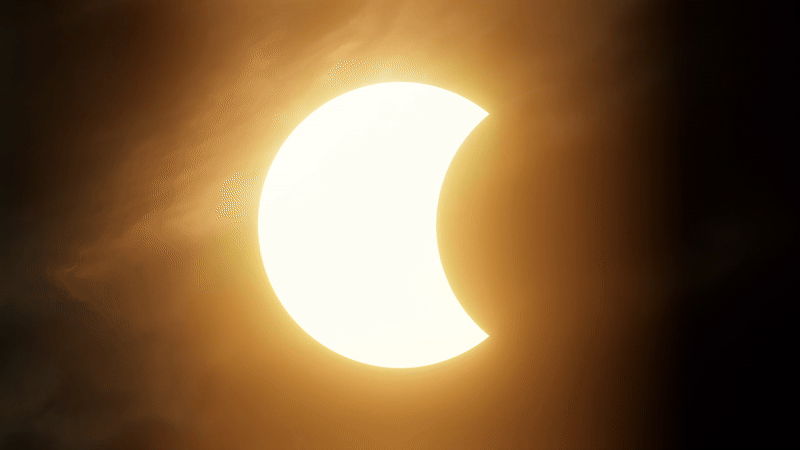Save Our Planet: Space Advocates See the Bigger Picture
Spaceadvocates at this year's International Space Development Conference, put on by the National Space Society (NSS), said they believe they canhelp save the world. If they are united on any single philosophical point, itis this: space exploration can and will make life better on Earth.
Naturally,the means of making life better can vary, ranging from scientific inquiry topolitics to economics. Charles Elachi, Director, Jet Propulsion Laboratory,when asked why we explore, stated, "If we didn't, we'd still be in caves." ElonMusk, taking a page right from the NSS's Mission Statement, says he wants to makehumanity a spacefaring civilization and make space financially viable. Burt Rutandeclared, "We're not doing this for money, we're doing it to get humans intospace."
Resource Management
SPS stillhas some challenges to overcome, however: first, no one has built, launched,and tested a fully-functional SPS yet; second, the price per pound of payloadto orbit still makes SPS a dubious financial proposition. According to onespeaker, British Petroleum (BP) Solar wouldn't even consider development of SPSuntil launch costs dropped to around $1,000 per kilogram, one-fifth of currentprices. However, more than one speaker felt that testing should start now. BothPeter Diamandis and Bill Nye the Science Guy suggested that newmaterials--especially carbon nanotubes--could provide the material means ofbuilding lightweight, reusable spacecraft. Such spacecraft could reduce thecost to orbit, thereby making SPS feasible.
Aside fromthe economic reasons, there are also environmental and political justificationsfor pursuing space solar power. When Bill Nye shouts from the podium, "We'reall going to die!" people pay attention. His concerns focus on global warming, aterm he doesn't like. "It sounds happy." Half-jokingly, he suggested thatpeople call it "global baking." Human consumption of fossil fuels, he said, iscausing more numerous and severe hurricanes due to atmospheric heating. Severalmembers of Nye's audience questioned his assumptions about human impact onglobal warming, but few speakers at the conference argued with the idea thatthe world needs a substitute for petroleum. John Strickland, a long-timelecturer on SPS, said petroleum is more crucial as chemical feedstock for othermaterials.
Severalspeakers suggested that asteroid mining could increase the amount of availablemetals and reduce the amount of metal mining done on Earth. Peter Diamandisreferred to asteroids as "$20 trillion checks" waiting to be cashed. Space,then, is not just seen as rocket science, but as a technological means offixing pressing environmental problems.
VirginGalactic's Wil Whitehorn noted that Burt Rutan didn't develop SpaceShipOne for"tree-hugging" purposes, but SS1 does have a lower CO2 output thanother vehicles. Virgin operates under the "Gaia theory" of management, believingEarth behaves as if it were a superorganism, made up from all the living thingsand from their material environment. They believe in "Gaia capitalism," whichis "providing solutions through technology, not tree-hugging."
Get the Space.com Newsletter
Breaking space news, the latest updates on rocket launches, skywatching events and more!
Beyond Rocket Science
Theaforementioned carbon nanotubes might even be able to leapfrog past lightweightspacecraft and facilitate the construction of a space elevator. A spaceelevator would extend from the Earth's surface to a point in geosynchronousorbit, with the elevator staying aloft by balancing its weight of the materialbalanced against the centrifugal force of the Earth's spin. This super-strongcable or tape would allow carrier vehicles to haul cargo up to orbit withoutthe need for rockets. Theoretically, this could cut costs to orbit to around$200/kg.
Political Frontiers
Spaceactivities could even help America resolve its problems in the Middle East. Darel Preble, session chair of the SPS discussions, suggested that in additionto reducing our dependence on Middle Eastern oil, SPS could provide a non-threateningalternative to nuclear weapons proliferation.
And, ofcourse, space continues to represent to many Americans "the final frontier."Robert Zubrin, a long-time advocate for Mars exploration and settlement,embraces historian Frederick Jackson Turner's belief that the frontier is acrucial part of the American character. At ISDC he said, "I would like to seeour traditions carried forward." NASA Deputy Administrator Shana Dale echoedthis sentiment, as she believes the space program "reflects our nationalcharacter" as explorers.
Educating the Young
Educationis another big motivator in space advocacy. Organizations from NASA to the bigaerospace companies to non-profit organizations like the Space FrontierFoundation (SFF) have programs inspire and educate students. John Powell,President of JP Aerospace, provides the opportunity for kids of all ages tohave a hands-on experience with space by launching ping pong balls into space,which students fill with whatever experiment they can fit inside of them. BillBoland of the Space Frontier Foundation described SFF's Teachers in Spaceprogram, which is designed to send teachers into space via one of the currentor upcoming suborbital tourist vehicles (XCOR, etc.). The idea is for theteachers to come back to their classrooms and share the experience with theirstudents. The hope of all of these efforts is to inspire kids to learn the"hard subjects" like math and science, much as they did during the Apollo era.Math and science are crucial to success in our ever-more-complex world economy.
So, arespace advocates escapists or are they really trying to save the world? Powelldoesn't expect all of these kids to become astronauts. "If some kid gotinspired by this program and discovered the cure for cancer, I'd be okay withthat."
- ISDC 2006: Exploring New Worlds
- Private Space Companies Forge Ahead Despite Failures
- Rutan Takes Aim at NASA's CEV Plans, Likens it to 'Archeology'
- NASA, X Prize Foundation Shoot For the Moon
- Space Access: The Private Investment vs. Public Funding Debate
Bart Leahy is a technical writer and National Space Society member living in Alexandria, Virginia.
NOTE: The views of this article are the author's and do not reflect the policies of the National Space Society.
Visit SPACE.com/Ad Astra Online for more news, views and scientific inquiry from the National Space Society.
Join our Space Forums to keep talking space on the latest missions, night sky and more! And if you have a news tip, correction or comment, let us know at: community@space.com.
Bart Leahy is a freelance technical writer residing in Orlando, Florida. Over the course of his career he's worked for The Walt Disney Company, NASA, the Department of Defense, Nissan, commercial space companies, small businesses, nonprofits, and the Science Cheerleaders. He's contributed to Space.com and Spaceflight Insider over the years and is currently Senior Technical Writer with Advanced Space where he'll be supporting multiple aspects of their operations, including website content, marketing, proposals, and technical deliverables.
